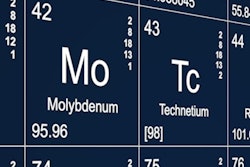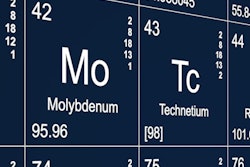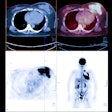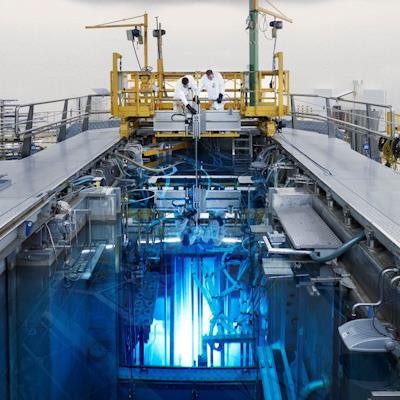
The High Flux Reactor (HFR) in Petten, the Netherlands, has restarted after a forced shutdown due to a water leak in January, with isotopes deliveries to hospitals expected within two weeks.
HFR operator the Nuclear Research and Consultancy Group (NRG) said it received a green light on March 9 to power up from the Dutch Authority for Nuclear Safety and Radiation Protection (ANVS) and that the facility reached a power output of 45 megawatts early on March 17.
"Within two weeks, the first medical isotopes for nuclear medicine will be delivered to hospitals," said Vinod Ramnandanlal, NRG's commercial director, in a news release.
The HFR reactor produces worldwide supplies of the radioisotopes Mo-99 and Lu-177. Both isotopes are used for medical applications, with Mo-99 being the precursor to technetium-99m, one of the most widely used radioisotopes for nuclear cardiology. Lu-177 is often used for therapeutic applications.
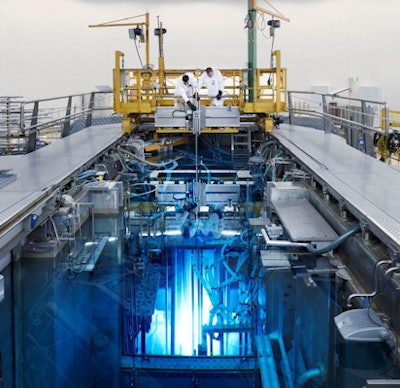 Inside NRG's High Flux Reactor in Petten, the Netherlands. Image courtesy of NRG.
Inside NRG's High Flux Reactor in Petten, the Netherlands. Image courtesy of NRG.On January 20, NRG canceled its first planned cycle of 2022 at the 60-year-old reactor after discovering a water leak in the reactor beam tube cooling system. The leak was difficult to detect, given that it was small and located in cooling tubes embedded in concrete, according to NRG officials. It took two weeks to confirm the source.
NRG developed a plan to fix it and required final approval from the ANVS to initiate the work.





